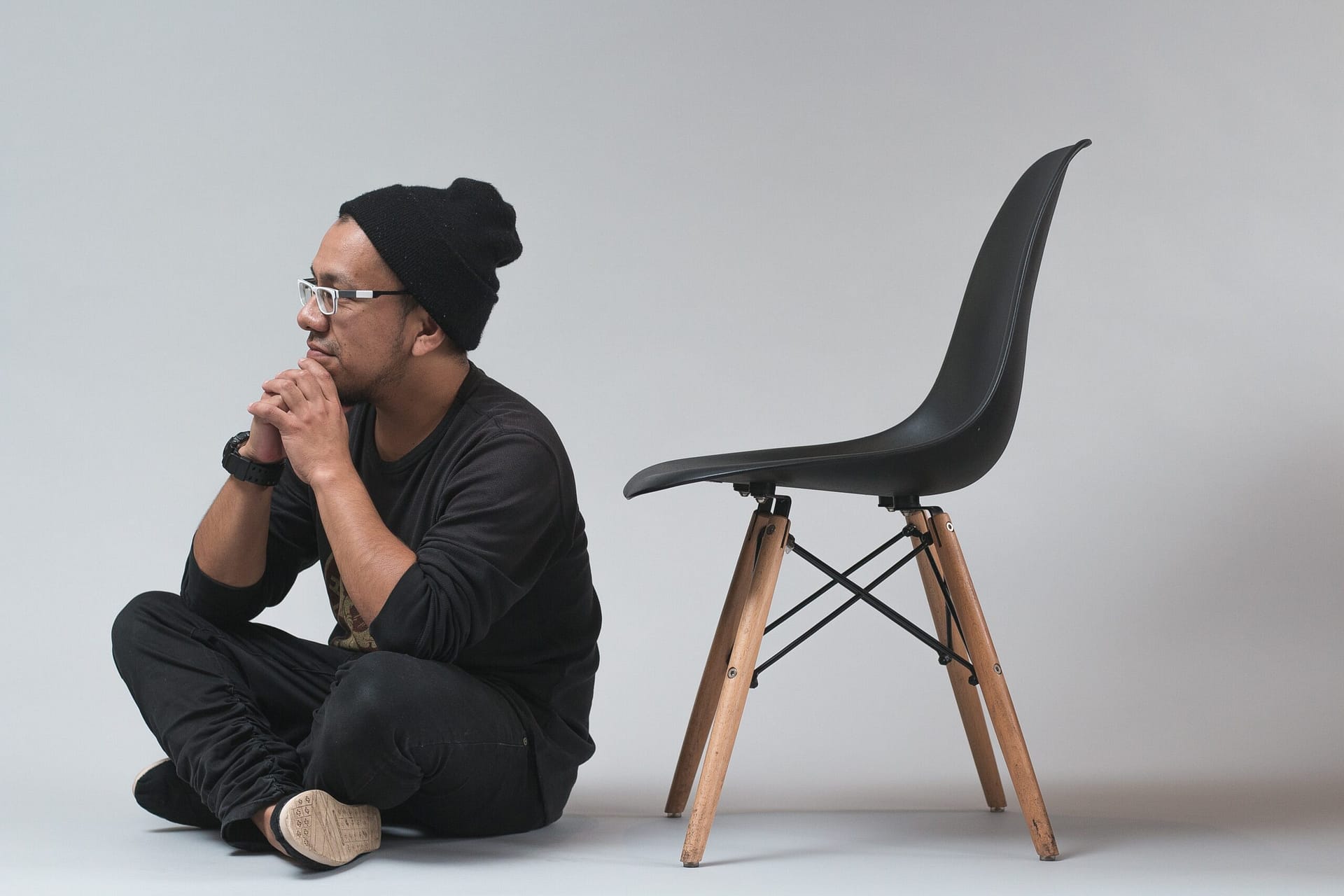Counselling: Challenging unfairness
There is something central about counselling that is often missed. For many people, counselling has become a place to go to complain about the unfairness of life. I agree life is unfair. The socio-political structures that surround us are unjust and need changing. The inequalities between genders and races, and the income distribution between rich and poor, are all unfair. And, it is fitting that in counselling, we acknowledge the impact of this unfairness. Some groups of counsellors even got together to issue a broader challenge to society and its injustice. However, counselling is about the person sitting in front of me.
Counselling is about helping the person sitting in front of me who is struggling: and who is hurting. Counselling is about finding a way to help that person in a way that fits and works for them in their context. As much as I would want to, it is not in my power to change the tax system from income-based to wealth-based to ensure the super-rich pay their dues, so my clients can afford a meal twice a week. Unlike governments, I cannot make magic money trees appear and disappear at a whim. I must be with my clients in their pain, misery, and hurt where they are. I should not, and cannot, peddle false hope.
Too much is made of offering false hope to people these days. I will not rehash an old post on hope here, but hope should be critical. Hope is not waiting for something to happen but something that we do. But here is the rub, critical hope is based upon the reality of what is happening around us AND within us, recognising what we can and cannot change.
I see too much written in the worlds of psychology, leadership and counselling that implies if you change this aspect of your (working) life, everything else will get better. For example, you can take a training course on time management which can be fantastic – but no good when your manager keeps piling more and more work on your desktop. Or you might be sent for resilience training, after which, if you struggle, your manager is free to say, “Well, you must be the problem; after all, we gave you the training’. Your manager is busy blaming everyone else rather than looking at their actions.
In a way, this exculpatory action of the manager is what, too often, counselling is turned into. It’s everyone else’s fault. Whereas for me, at least, counselling offers a chance to look at our own lives in our context and understand what we can change about ourselves and our situation. The counsellor is not there to pass judgment or tell you what to do but to help you find authentic peace.
(to be continued…)





